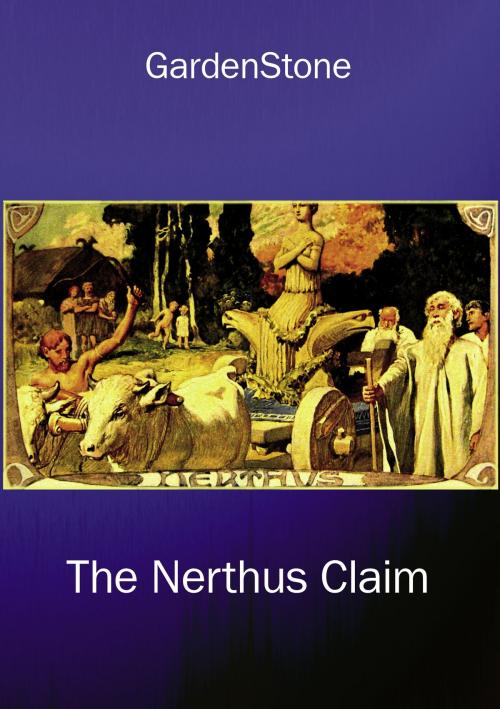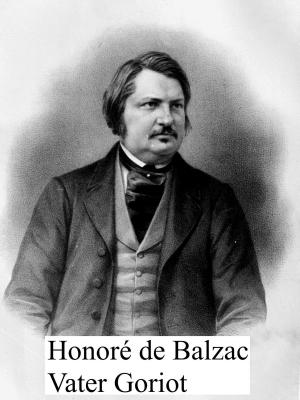| Author: | GardenStone | ISBN: | 9783844846959 |
| Publisher: | Books on Demand | Publication: | March 17, 2012 |
| Imprint: | Language: | English |
| Author: | GardenStone |
| ISBN: | 9783844846959 |
| Publisher: | Books on Demand |
| Publication: | March 17, 2012 |
| Imprint: | |
| Language: | English |
Hardly any other scripture from the time of the Roman Empire of about two thousand years ago has stirred up so much excited attention as the "Germania" of Tacitus. Only from this ethnographic essay do we know the name Nerthus, a goddess who should have been venerated by seven smaller Germanic tribes. Much of what the "Germania" tells us is meanwhile highly doubted. The 1st century original no longer exists; the intact copies were on their part copied from older "Germania" texts, which were also just copies. The existing copies are not identical to each other. That causes many question marks, which also concern this goddess Nerthus. This book is an attempt to place some exclamation marks in front of that, and is sometimes deliberately provocative.
Hardly any other scripture from the time of the Roman Empire of about two thousand years ago has stirred up so much excited attention as the "Germania" of Tacitus. Only from this ethnographic essay do we know the name Nerthus, a goddess who should have been venerated by seven smaller Germanic tribes. Much of what the "Germania" tells us is meanwhile highly doubted. The 1st century original no longer exists; the intact copies were on their part copied from older "Germania" texts, which were also just copies. The existing copies are not identical to each other. That causes many question marks, which also concern this goddess Nerthus. This book is an attempt to place some exclamation marks in front of that, and is sometimes deliberately provocative.















